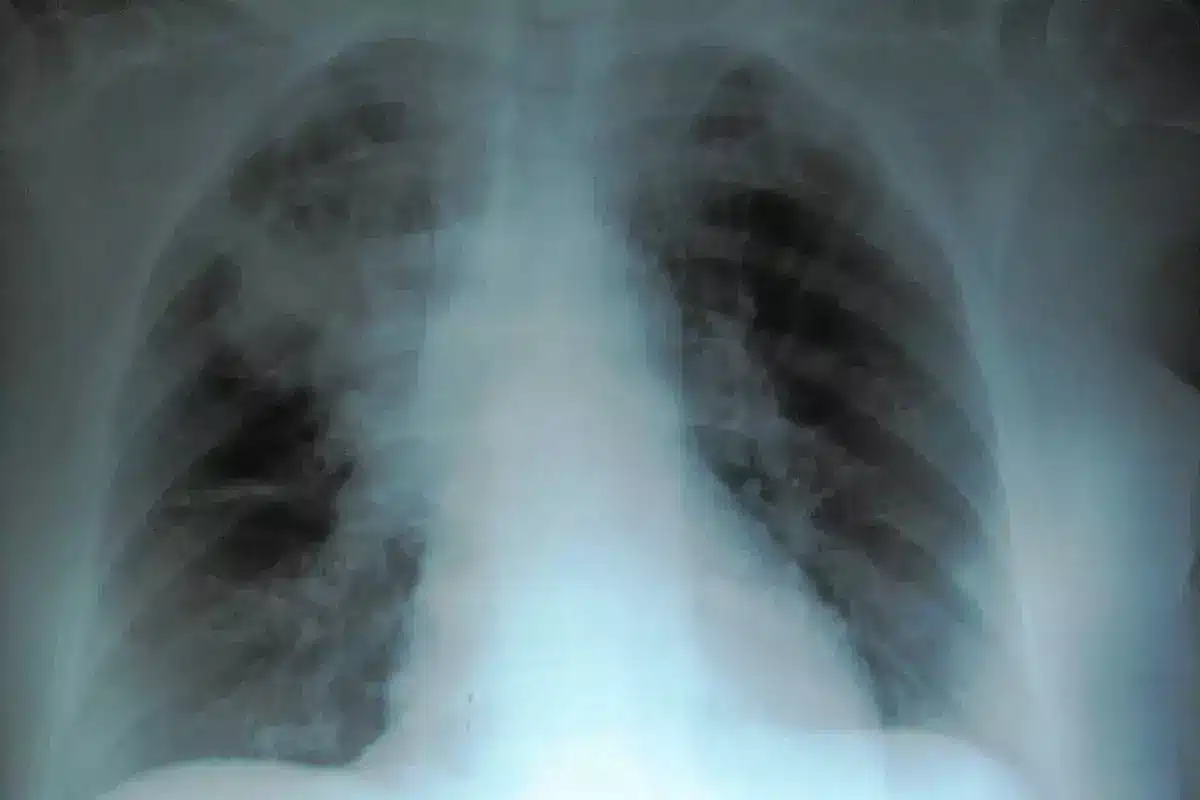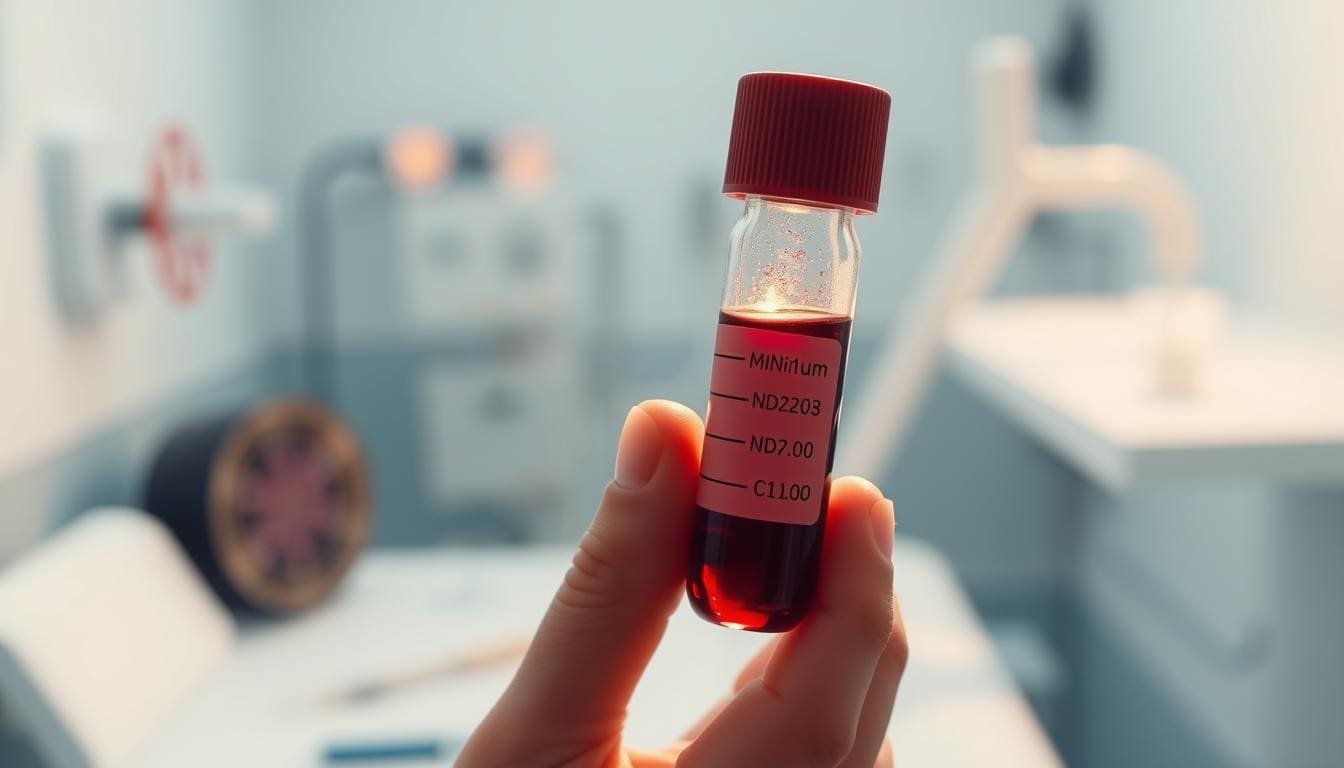When Do Pregnancy Symptoms Start: A Complete Liv Hospital Guide
Pregnancy symptoms can begin earlier than many people expect. While the average timeline places the first signs around the time of a missed period, some women report noticing changes just a few days after conception. Understanding when pregnancy symptoms start helps women interpret their bodies more accurately and seek appropriate medical care when needed. At Liv Hospital, specialists explain how symptoms develop, why timelines vary, and what to watch for during the first days, weeks, and months of pregnancy.
How Early Pregnancy Symptoms Start
Pregnancy symptoms usually begin when hormone levels rise after implantation. Implantation occurs around six to twelve days after conception. Once hCG begins increasing, the body reacts with changes that many describe as the earliest pregnancy symptoms timeline. Some women feel these changes before their expected period, while others do not feel anything until several weeks into pregnancy.
Symptoms can appear as early as three days pregnant symptoms according to patient reports, although this is uncommon. More typically, early pregnancy symptoms start around day ten to day fifteen after ovulation. This is why many women wonder how soon pregnancy symptoms start or how early pregnancy symptoms can begin after conception.
The First 72 Hours After Conception
During the first seventy two hours of pregnancy symptoms, the body is only beginning the hormonal shift. Most women do not feel obvious signs at this stage, but some notice subtle conception symptoms such as increased fatigue, mild cramping, or a sensation of warmth in the abdomen. These very early signs of pregnancy at one week are often indistinguishable from pre menstrual symptoms.
First Week Pregnancy Symptoms
The symptoms of pregnancy in the first week after conception can include light cramping, sensitivity to smells, mood changes, and breast tenderness. These first week pregnancy symptoms can occur even before a period is late. Some patients at Liv Hospital ask if it is possible to be pregnant even after a period, especially when the period is shorter or lighter than usual. A shorter or early period followed by early pregnancy symptoms can indeed signal implantation bleeding rather than menstruation.
Early Pregnancy Symptoms After a Shorter Period
Some women report early pregnancy symptoms after a period that came too early and was shorter. This can occur when implantation bleeding is mistaken for menstruation. When pregnancy symptoms begin soon after this lighter flow, it can indicate that conception occurred in the previous cycle.
When Morning Sickness Starts
Morning sickness is one of the most common pregnancy symptoms. Many ask how early morning sickness can start. For some women, nausea begins at three to four weeks pregnant. Others do not feel nausea until five or six weeks pregnant symptoms. A small percentage feel morning sickness as early as one week after conception, although this is rare.
Headache, Dizziness, and Early Pregnancy Symptoms
Is dizziness a sign of pregnancy or is headache a sign of pregnancy are frequent questions. Dizziness can begin early because progesterone causes blood vessels to relax. Headaches can appear early as well because hormone fluctuations affect blood flow. Headache nausea dizziness fatigue abdominal pain pregnancy symptoms can develop even before a missed period.
Some report lightheadedness and mild vertigo around seven days pregnant symptoms. These sensations often intensify in the first month of symptoms of pregnancy.
Early Signs of Pregnancy Before a Missed Period
Early pregnancy signs before a missed period include:
• Breast tenderness
• Nausea
• Heightened sense of smell
• Fatigue
• Frequent urination
• Mild back pain as a sign of pregnancy
• Slight spotting from implantation
• Mood swings
• Changes in appetite
• Abdominal cramping
Many women ask how soon they can feel pregnancy symptoms or when they start experiencing pregnancy symptoms. Some feel them around fifteen dpo symptoms if pregnant while others feel nothing at all until much later.
When Pregnancy Symptoms Begin After Conception
On average, pregnancy symptoms start after how many days depends on implantation timing. If implantation occurs on day six, symptoms may begin around day nine or ten. If implantation occurs on day twelve, symptoms may not start until day fifteen to seventeen. While some ask can pregnancy symptoms show in three days, this is biologically unusual but possible if hormone levels rise quickly.
Pregnancy Symptoms in the First Month
The symptoms of pregnancy in the first month include:
• Fatigue
• Breast tenderness
• Nausea
• Heightened smell sensitivity
• Mood changes
• Mild cramping
• Increased urination
• Softening of breast tissue
• Swollen or tingling nipples
These early signs of being pregnant often overlap with PMS, which is why many search for early pregnancy symptoms versus PMS symptoms.
Pregnancy Symptoms Week by Week
Week 1 to Week 2
Ovulation and conception occur. No typical symptoms yet, except possible conception cramping or immediate sensitivity after hormonal shifts.
Week 3
Implantation occurs. Symptoms may include cramps, spotting, or changes in appetite. Some report three week pregnancy symptoms such as nausea or headaches.
Week 4
This is when most earliest pregnancy symptoms begin. Fatigue and breast changes become more noticeable.
Week 5
Five weeks pregnant symptoms often include morning sickness, mood changes, and increased urination.
Week 6 to Week 8
Symptoms intensify. Nausea, headaches, dizziness, and bloating become more common.
When Smell Sensitivity Starts
Smell sensitivity typically begins around week four or five. Some women feel it earlier and report that they become nauseous from smell in week three of pregnancy.
Signs of Conception and Early Hormonal Changes
Signs of conception can include:
• Implantation cramps
• Increased body temperature
• Breast tingling
• Higher progesterone levels
• Discharge changes
These signs can appear before the earliest positive pregnancy test.
Back Pain and Early Pregnancy
Is back pain a sign of pregnancy at one week is a common question. Mild back pain can occur even in the earliest stages because ligaments begin relaxing due to hormone shifts.
Breast Symptoms in Early Pregnancy
Breast tenderness after conception is one of the first signs of pregnancy timeline changes. Some women experience swollen, tingling, or sensitive breasts within days of conception.
When Pregnancy Symptoms Reach Their Peak
Pregnancy symptoms typically peak around weeks seven to ten. During this period, hCG levels are at their highest. This is why many women experience their strongest nausea, fatigue, headaches, and dizziness around this time.
Cholestasis of Pregnancy Symptoms
Although less common, cholestasis of pregnancy symptoms include intense itching, dark urine, pale stools, and fatigue. These symptoms appear later, usually in the third trimester.
Trimesters of Pregnancy and Symptom Patterns
First Trimester
Most early pregnancy symptoms occur here. This is when women ask when do pregnancy symptoms usually start and when the pregnancy symptoms start.
Second Trimester
Symptoms may ease, although some experience new issues such as back pain or headaches.
Third Trimester
Discomfort increases as the body prepares for birth. Fatigue returns and shortness of breath may appear.
When You Should See a Doctor at Liv Hospital
Women should schedule a medical evaluation when they suspect pregnancy, especially if symptoms appear early or are unusually intense. Liv Hospital offers comprehensive obstetric care, including hormonal assessment, early pregnancy monitoring, first trimester ultrasound, and guidance through all pregnancy stages.








